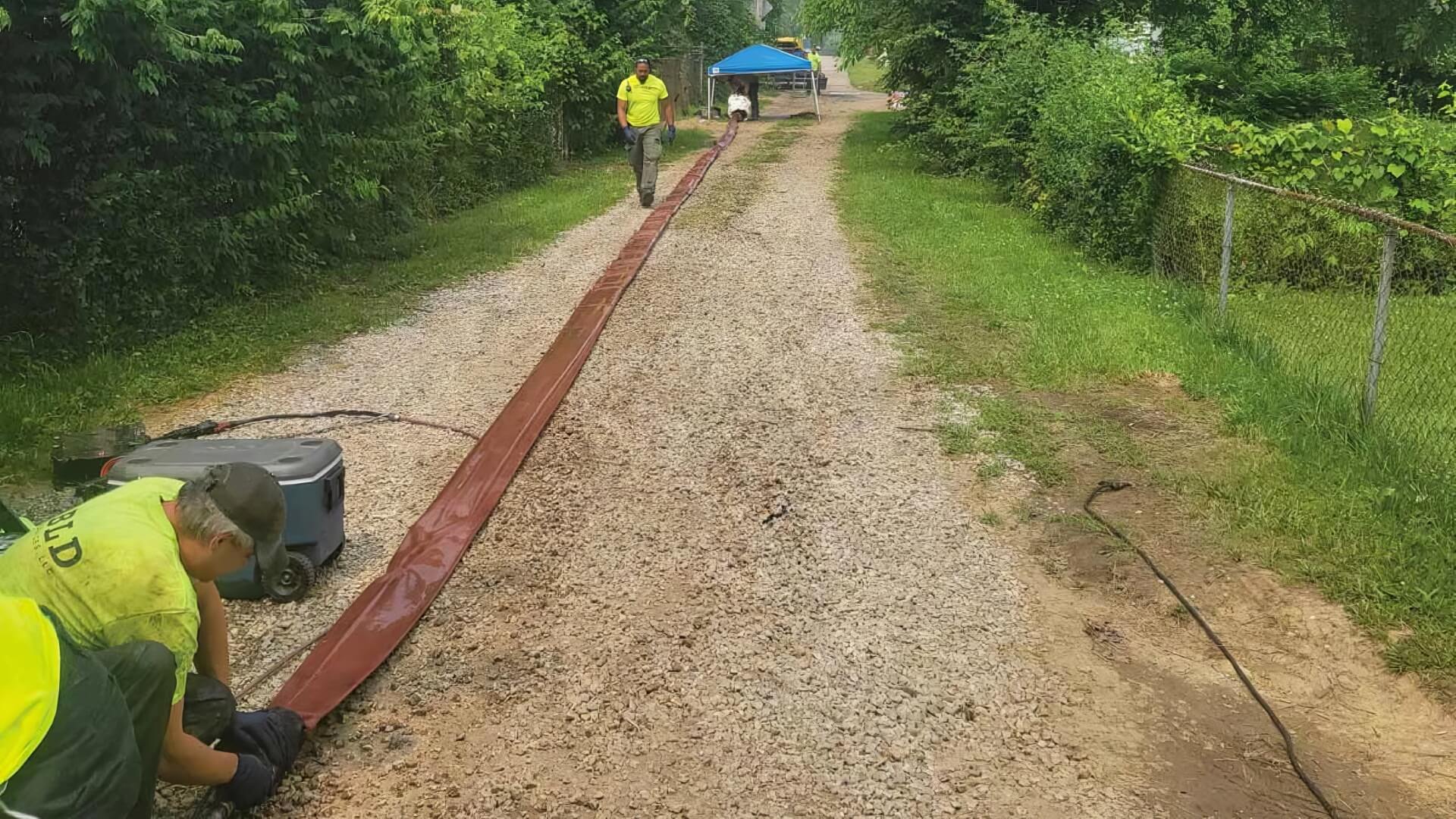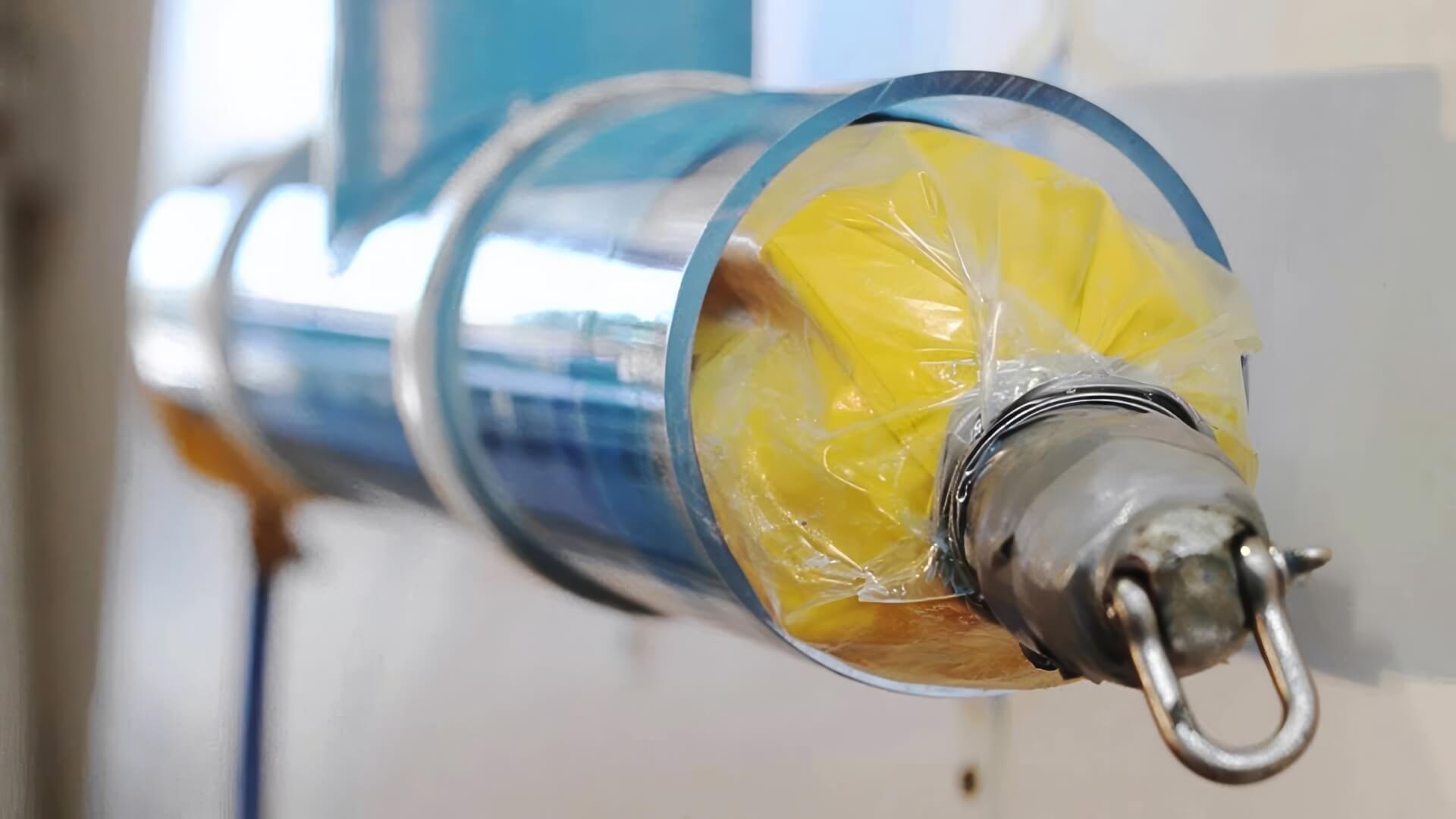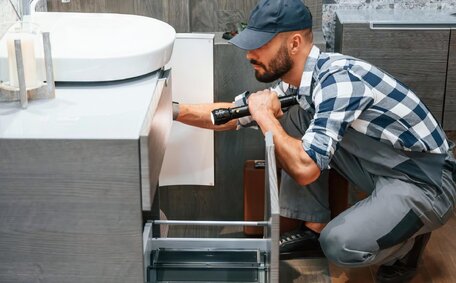Choosing between gas and electric appliances and heating systems is a critical decision for Sydney homeowners aiming for efficient and cost-effective home heating solutions.
At Padstow Plumbing, we provide impartial, expert advice to select the most suitable home heating option within your budget, facilitated by our extensive experience with gas and electric system installations and maintenance.
When weighing gas vs electricity, consider several key factors:
- Upfront costs - Gas appliances and heating systems tend to have lower upfront costs, while electricity options like heat pumps have higher initial installation and purchase costs.
- Operating costs - Rising electricity prices in NSW mean more expensive electricity for heating, hot water, and cooking. However, compared to electric storage heaters, operating costs may show gas cheaper than electricity, particularly when considering the unit cost of efficient gas hot water systems.
- Energy efficiency - Modern efficient electric heat pump technology makes electricity competitive efficiency-wise. But gas continues to have efficiency advantages for heating and hot water.
- Safety - Both gas and electric systems are generally safe if installed correctly. But gas does carry risks like leaks and carbon monoxide.
- Environmental impact - Electricity has lower emissions, moving away from fossil fuels as the grid adds more renewables. Gas has the potential to impact the environment due to the greenhouse gases it produces.
We’ll delve deeper into this comparison in the full article. Contact Padstow Plumbing to discuss the ideal energy mix for your property.
Upfront Costs: Purchasing Gas vs Electric Appliances
When it comes to upfront costs, gas appliances generally have a lower initial purchase price compared to electric options.
The lower upfront cost for appliances, including both gas ovens and electric ovens, is evident when contrasting with other electric heating solutions, water heaters, and central heating systems. Make sure to consider brand, features and energy efficiency, as they influence the exact pricing.
Nonetheless, government incentives such as rebates for energy-efficient appliances can offset the higher energy cost of electricity, potentially making it a more cost-effective choice for certain appliance types.
Installation and Setup Expenses
When installing gas or electric appliances and heating systems, homeowners need to budget for plumbing, electrical work, fittings, and safety inspections. Upfront installation costs are a key consideration when deciding between gas and electric.
For older homes with existing gas lines, installing new gas appliances tends to be more affordable. Plumbers can connect appliances to the existing gas pipes. However, if gas lines need to be extended, costs add up quickly.
Installing electric systems in older homes can be more complex and costly. Often electrical upgrades are required, like upgrading the main distribution board or running new wiring and circuits for appliances like heat pumps. Safety inspections are also mandatory.
In new builds, installation costs for gas and electric systems are broadly similar. The home’s infrastructure is designed for both from the outset. But purchasing the appliances themselves remains a cost factor.
Padstow Plumbing offers quotes for installation or replacement of gas and electric water systems without excessive costs. Our team handles all aspects from start to finish, ensuring proper permitting and certification. Contact us to learn more about costs for your specific home setup.
Installing elections are also mandatory.
Comparing Running Costs: Gas vs Electric
Ongoing running costs feature a mix of advantages and disadvantages for Sydney homeowners to weigh.
With gas prices often lower than most energ energy, translating to substantial savings on your power bills.
For cooking, a reliable gas stove often results in costs that are cheaper run than electric alternatives, but the efficiency and modern appeal of an induction stove should also be considered. Electricity costs approximately 2 to 4 cents per megajoule, which could influence your expenses compared to gas, priced at 20 to 30 cents per kWh.
A gas ducted heating system costs around $25-35 per week to operate, while an electric reverse cycle air conditioner costs about $45-60. But in the long term, a heat pump is cheaper than electric heaters since it only uses around 1 kWh of energy to convert into 3-4 kWh of heat, making it a compelling option for efficient heating.
Water heating alternatives like solar or heat pump hot water systems, which heat water effectively, present comparable running expenses, marking them as mutually efficient. Notably, an electric hot water system backed by solar energy, which operates more efficiently and pairs solar with gas or electric boosters, can substantially lower home heating costs.
Evaluating energy plans, analysing tariffs, and considering solar feed-in incentives that cater to your home’s energy use can help in reducing running expenses. Padstow Plumbing is ready to offer customised guidance on the array of gas and electricity plans available, aiding you in cost-saving on the most suitable option for your energy demands.
Energy Efficiency and Environmental Impact
When it comes to energy efficiency, gas boiler and electric heating each have advantages and disadvantages. Gas heating, primarily through traditional gas boilers, tends to be less efficient, losing 20-30% of heat output up the chimney. This equals higher running costs and greenhouse gas emissions per unit of heat produced.
Electric heat pumps vastly outperform traditional storage heaters, boasting efficiencies exceeding 300% by utilising air or ground-sourced heat.
Heat pumps now surpass most gas systems in efficiency, providing a viable option even for homes where there’s no solar capabilities. It’s worth remembering that, in frigid climates, the efficiency of gas heating can align with that of heat pumps.
Gas combustion emits carbon dioxide, contributing to climate change.
Australian grid electricity, despite being carbon intensive, is becoming cleaner with the increasing proportion of renewables. By 2030, grid power is projected to produce 50% less emissions per kWh than gas heating, illustrating the shifting balance between electricity gas in environmental considerations. Australian grid electricity, despite being carbon intensive, is becoming cleaner with the increasing proportion of renewables.
Ultimately, for an environmentally conscious home, balancing gas electricity usage with heat pumps powered by solar represents the most sustainable heating option. But for households not ready to electrify, modern high-efficiency gas boilers produce fewer emissions than older systems. When it comes down to a greener heating solution, Padstow Plumbing can advise on the best option for your home’s needs.
Reliability of Gas vs Electric Utilities
When it comes to reliability, it’s crucial to find out which energy source, gas or electric, offers more pros and cons for Sydney homeowners.
Gas supply is typically reliable, with network failures being quite rare, mainly due to the underground nature of gas pipelines.
On-site gas storage in tanks can be an advantage for those seeking energy independence, albeit gas appliances are inoperative during electricity outages, leading some to consider alternative energy sources.
The electricity grid is vulnerable to failures during extreme weather events like heatwaves when demand spikes. But smart meters and rapid-response systems make recovery from outages more efficient, effectively managing the running cost of your gas and electrical systems’ contingencies.
Additionally, electrical reliability can be compromised by bushfires and storms, which can damage overhead infrastructure, whereas underground cabling enhances dependability.
While gas boilers function autonomously, electric heat pumps require a battery or generator to continue working during a power outage. However, gas stoves are unaffected by blackouts and remain operational.
When it comes to gas water heating, systems heat on demand, but electric storage tanks require power to run elements. Gas hot water continues to heat up in a blackout, while electric systems will run cold after the energy in the storage tank runs out.
Environmental events such as storms, floods, bushfires, and heatwaves pose growing threats to utility reliability in Sydney and Australia. Whatever the primary energy source, a backup solution like solar battery storage is worth considering.
Contact our team at Padstow Plumbing to discuss the right energy mix for your home’s heating and hot water needs.
Total Cost of Ownership: Gas vs Electric
When weighing up gas versus electric over the longer term, it’s important to look at total cost of ownership rather than just upfront or running costs.
A long-term outlook reveals that initial investments, even if higher, can balance out when considering the total costs over time for both gas and electric systems.
Though electric heat pumps may come with steeper upfront costs, their highly efficient performance can offer compensation over time. Conversely, while gas boilers are cheaper to install, they could incur higher cumulative costs due to ongoing fuel usage and maintenance requirements.
For hot water heating, electric heat pump systems have emerged as cost-competitive options, offering both heating and cooling, with low operating costs and long lifespans of 20+ years.
Appliance lifespan, repair frequency, and resale value are additional factors influencing total cost. Rebates and incentives can alter financial considerations, while smart thermostats and solar integration serve to fine-tune operational expenses.
At Padstow Plumbing, we consider the long-term implications, focusing on total cost of ownership when advising clients on gas versus electric. Contact our team to discuss the most cost-effective energy mix for heating and hot water in your home.
Making the Right Choice for Your Home
When choosing between gas and electric heating and appliances, consider your unique home requirements:
House Size and Layout
Large multi-level dwellings could gain from the even temperature distribution offered by systems like gas central heating. In contrast, smaller homes might find gas heaters or electric solutions such as split systems or panel heaters suitable for limited spaces.
Age of House
Existing gas connections in older properties make installing new gas appliances more affordable. Switching to electric appliances, on the other hand, may necessitate costly electrical upgrades.
Energy Efficiency Ratings
Selecting appliances with high energy star ratings can lead to significant savings on your energy bills. Heat pump technology offers excellent efficiency for electric.
Zoning Capabilities
Multi-zone systems allow for precise control, managing heating and cooling needs efficiently during day and night by focusing only on the occupied areas. Ducted gas and electric split systems offer zoning control to save energy.
Allergies and Air Quality
Heat pumps offer dual benefits by efficiently regulating home temperatures and purifying the air. Gas heating, however, may dry out the environment, while electric panel radiators have a negligible impact on air quality.
Noise Levels
Noise considerations are important, with electric panel radiators operating silently and gas-ducted systems maintaining low noise levels.
Determining whether to opt for gas or electric systems should be informed by your home’s specific comfort and efficiency needs. Get in touch with Padstow Plumbing for custom advice on energy solutions that align with your preferences for comfort, efficiency, and cost.






